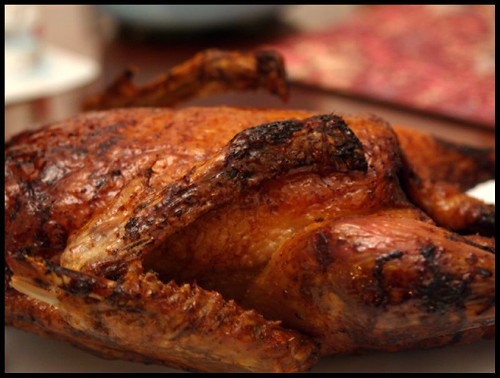
Selected Shorts, a podcast from Public Radio International, is a weekly program on which actors read short stories in front of a live audience. Most of the time it's pretty fantastic, and a great way to find new things to read. (I'm sure the Stuff White People Like blog will have a field day with Selected Shorts when and if they get to it--the tinkling piano intro, the seriousness of the host and the baritone edge in his voice as he introduces the best actors of the New York stage, reading live from the upper west side. I like it without irony.) Hearing stories read aloud, for me, opens up a more emotional reaction to them. In particular, I find I'm a lot more likely to laugh.
A good source of bittersweet laughter is the work of Grace Paley, an author I discovered through Selected Shorts. I heard "Wants." Here's how it starts (I'm leaving out the paragraph marks):
"I saw my ex-husband in the street. I was sitting on the steps of the new library. Hello, my life, I said. We had once been married for twenty-seven years, so I felt justified. He said, What? What life? No life of mine. I said, O.K. I don't argue when there's real disagreement."
The conversation becomes more absurd, and he is meaner and meaner to her. "He had had a habit throughout the twenty-seven years of making a narrow remark which, like a plumber's snake, could work its way through the ear down the throat, halfway to my heart. He would then disappear, leaving me choking with equipment. What I mean is, I sat down on the library steps and he went away."
If you haven't read her, you really should. A warning. If you're a single woman, some of these stories might make you not even want to be friends with men. Many men in Paley's stories, especially the early ones, are physically alluring intellectual nullities, walking emotional disasters who will get you pregnant, then take off with a sneer, leaving you to raise the scamps, only to return five years later to criticize your parenting skills and possibly slap you and the kids around before taking off again. But things area always off-kilter in these stories, and she is a master at bringing out the absurdities of domesticity, the very strange things people will say.
Life goes on, and the suffering women in the stories sustain each other with conversation and by telling stories. Call me out here if you want. But it seems to me that in her dialogue and especially in her narrators' voices, Paley captures the rhythms of what in my experience is a female kind of conversation. Two close friends speaking very quickly, sometimes at the same time (but still listening to each other). An outsider listening might have no idea what they were talking about. This kind of talk is one of life's pleasures. It's idiomatic and, when you read it, silly in a very very good way.
from "The Floating Truth"
" 'What's the matter with you? Don't put yourself on a platter. What are you--a roast duck, everything removable with a lousy piece of flatware? Be secret. Turn over on your side. Let them guess if you're stuffed. That's how I got where I am.'
"The organization of his ideas was all wrong; I was drawn to the memory of myself--a mere stripling of a girl--the day I learned that the shortest distance between two points is a great circle.
" 'Anyway you ought to think in shorter sentences,' he suggested, although I hadn't said a word."
from "Distance":
"I have to tease a little to grapple any sort of a reply out of her. It is something like I am a crazy construction worker in conversation with fresh cement. Can there be more in the world like her? Don't answer. Time will pass in spite of her slow wits."photo from umami, thanks!
No comments:
Post a Comment